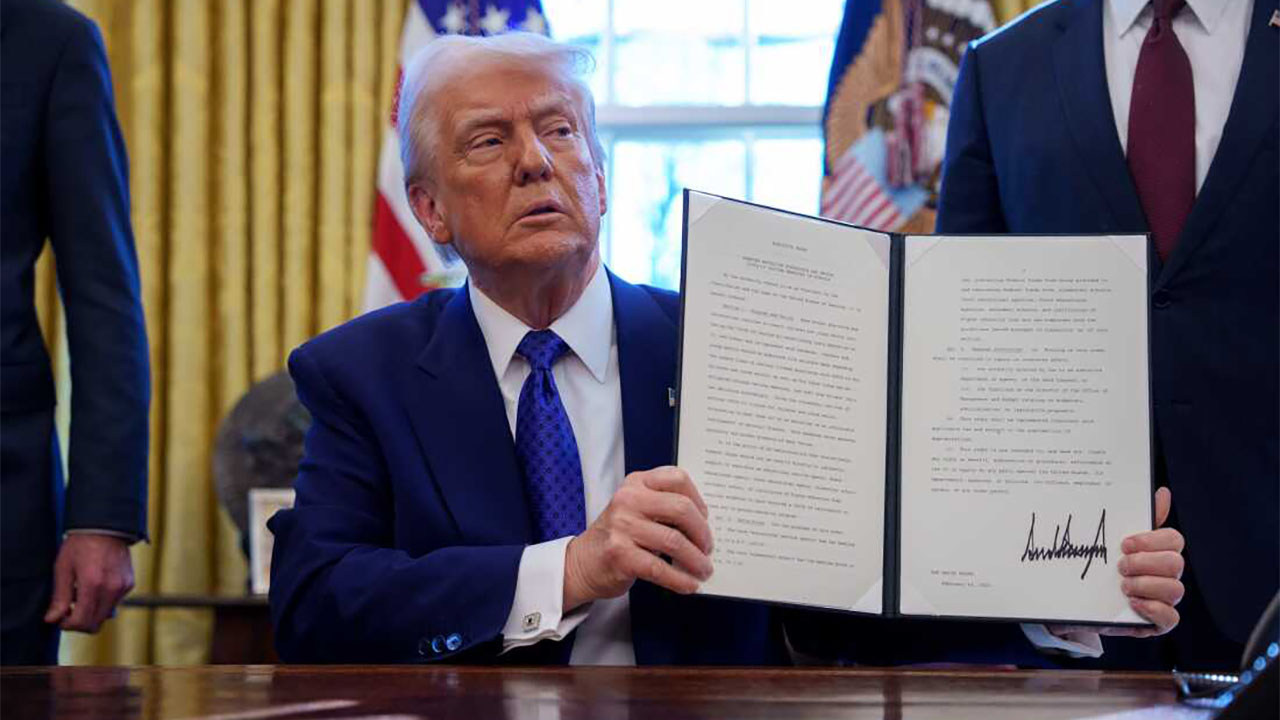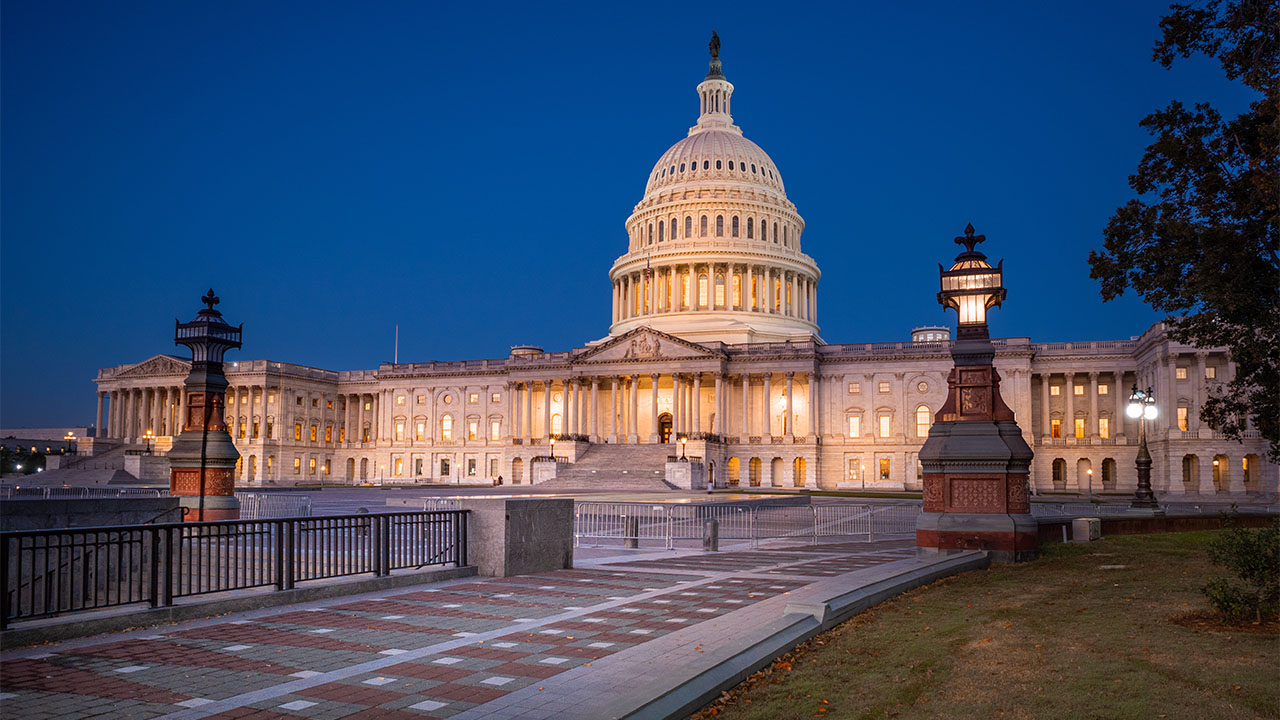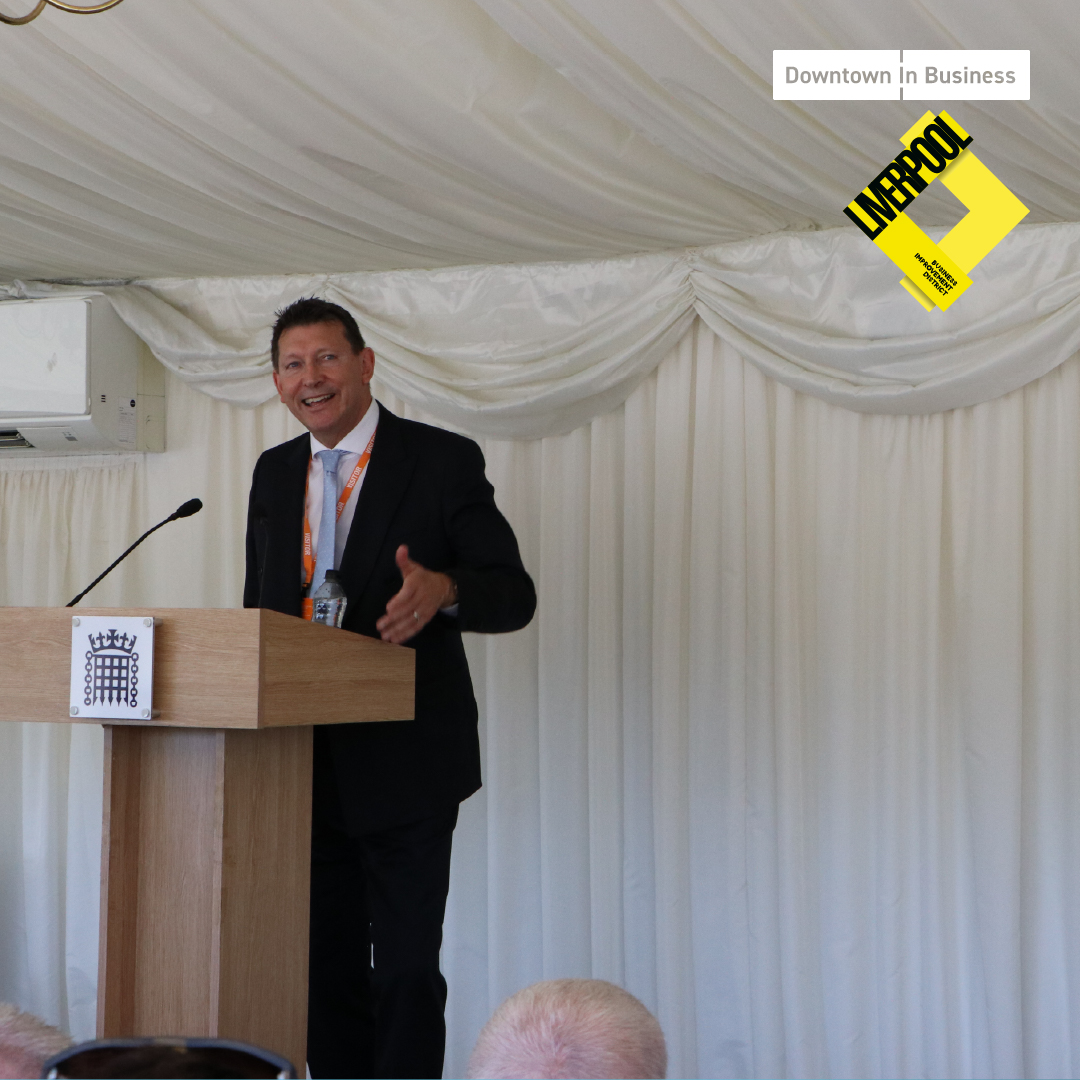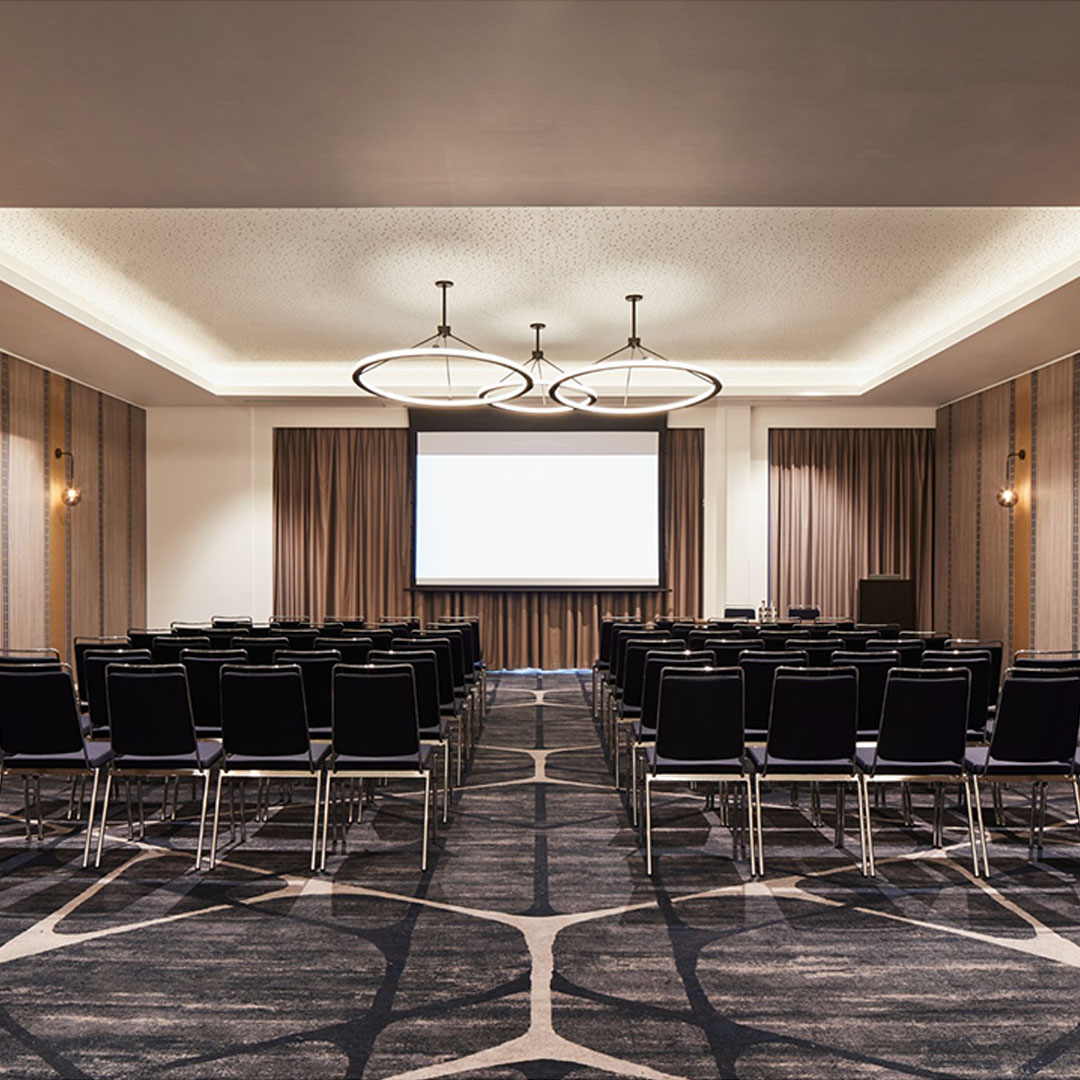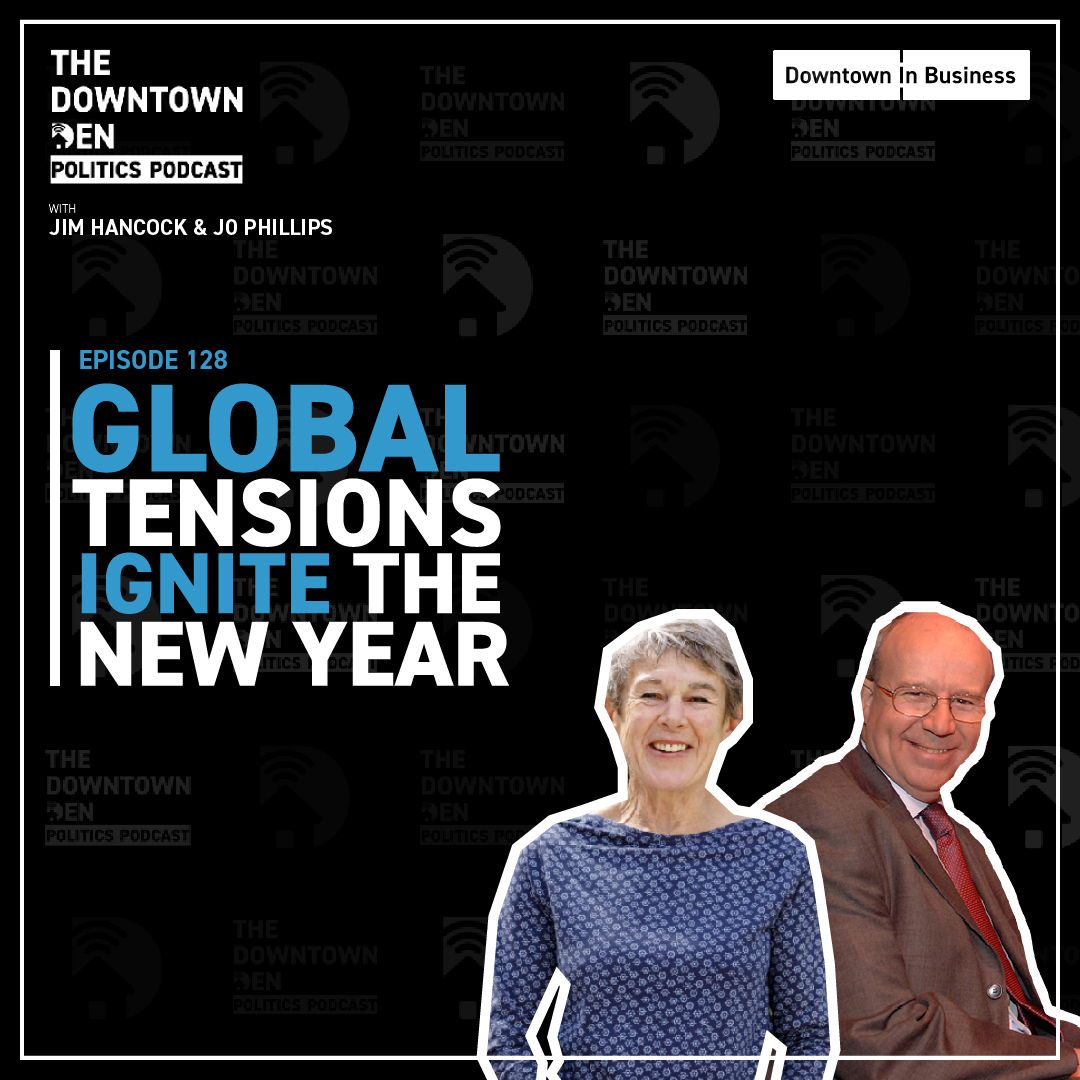Just as the US election cycle takes a week to catch its breath, the economy comes steaming in shouting: ‘hold my beer!’.
With Trump and his sidekick, sofa-loving JD Vance, sliding in the polls, the economy seems to have followed their lead, though the two events are seemingly unrelated.
The latest employment stats were released at the end of the week, and the figures suggested the number of new jobs being created was slowing. Only 114,000 new jobs and unemployment was up to 4.3%.
This, economists interpret, will be the precursor to a recession.
Or not, depending on which ones you listen too.
I’m not sure anyone really listens to anyone anymore.
Most Americans I know tend to judge the nation’s economic fortunes based on their own four key indicators.
First, the interest rate.
Interest rates blew through the roof a year or two ago and the cost of borrowing went up.
We are a consumer society and to keep the wheels of commerce turning we all need to keep consuming goods and services. If we slow down because the cost of using our Visa or Mastercard leaps up, either more people need to join us in spending – open the borders – or prices need to tumble, leading to slimmer profits for businesses. If stuff starts to cost too much, we hold off renewing our car, taking a second holiday, fewer Taylor Swift concerts, and start seeing the attraction of ‘speed packing’ at Aldi and Lidl.
Interest rate manipulation is the Federal Reserve’s primary tool to manage inflation.
When all those stimulus checks were cashed post Covid and travel and entertainment restrictions were lifted, Americans went on a spending rampage and, coupled with not yet recovered supply chains, were chasing a small pool of available goods and services to spend it on. Up went prices – inflation – and in response the Fed hiked interest rates to cool our cheap credit induced craziness.
In a land where shopping is almost an Olympic-level competitive sport, being told you can’t doesn’t sit well.
Interest rate surges also impact the second key indicator – house prices.
Homes in America represent a huge part of people’s wealth. A bit like Brits, people are very conscious of the value of their home, and in turn use it to make judgement on whether they consider themselves wealthy or not. American dinner party ‘snore bores’ are too prevalent too.
When property prices stopped rising because the cost of mortgages rose, not only did that have a psychological effect on our own perception of our wealth, but for those with mortgages, they were suddenly faced with four or five-fold real dollar increases in their repayments. Ouch.
If you are paying that much more for your house, then naturally other spending has to be turned off. If things get so bad you can’t keep up the payments, we have to think about off-loading the house for something smaller, but with fewer potential buyers in the market, prices fall and the spectre of negative equity – owing more than the asset is worth – slides into view.
Higher banking and credit payments, fewer shopping expeditions and a few grand slipping off your net assets valuation – makes most Americans a bit nervous, and understandably touchy about the subject of money when ‘joshing with the bros’ at the BBQ.
All those cutbacks in spending mean businesses are reporting lower profits which in turn clips the third metric my American friends and colleagues are switched on to – job security.
In this week’s announcements, some big firms – Intel and Amazon – announced profit expectations which underwhelmed. Both are expected to trim jobs to compensate, high skill, high wage careers at Intel – where 15,000 jobs are under threat – and low skill, low wage warehouse and delivery jobs at the behemoth online retailer. No-one is safe it seems.
Losing your job is horrible, but the fear of losing your job can be just as bad. Every utterance by management is analysed, every quarterly report received with trepidation and employees start squirreling money away just in case the pink slips start arriving.
Higher prices, lower wealth and wobbling security – never good.
And then finally, there is the stock market.
Americans have a strange relationship with the markets. Unlike us Brits who are just mildly aware of the FTSE, its plodding performance, and the fortunes of its junior listing partners, the US obsesses over the daily swings and surges of stocks and shares. 24hour, 7 day a week business news follows the fortunes of every index, the coughs and splutters of hapless CEOs, and the peculiar habits of hedge fund managers in picking this month’s hot stock.
Long detached from the surety of Defined Benefit Final Salary Pension schemes, American’s prospects in their dim days of old age have long been at the mercy of the markets. Timing the markets – a hugely unsuccessful strategy – is an obsession for many.
When to buy, when to sell and less interestingly, when to just hold, is the fuel of the CNBC, MSNBC, FoxNews, Bloomberg TV crowd. Endless heavy-set men in suits spout their wisdom and, perhaps, viewers react.
“Markets are up, volumes are down, get out of windows, rubber is bouncing back” they tell us.
You could be forgiven for thinking everyday is the end of the world. Bulls vs Bears? Mid Cap or Tech? ETFs, S&Ps or DJIs – the choice is yours.
But despite all the panic, America is still going strong.
The stock market is up 65% since spring of 2020. If you knew nothing, did nothing, and just let your investments ride you would have seen a handsome return. With that knowledge, a little ‘correction’ maybe giving 10% of that gain back isn’t that painful is it?
But what of the future, after all economic forecasting is a predictive game?
It is now probably guaranteed that the Fed’s next move is to lower interest rates, the search for the goldilocks solution goes on – not too high to stifle growth, not too low to spark inflation again.
Mortgage rates will slide back, credit will be easier and the attraction of stashing your money in the bank will diminish and cash rich investors may return to the stock market.
So, what will we be urged to do? Well, – and this isn’t financial advice, I’m far from qualified to give that – but sitting still seems like a great choice. Boring but solid, keep doing what you have always been doing.
A recession is officially 2 consecutive quarters of shrinking growth. Economists determine it but the rest of us wouldn’t really recognise it. A bit like a high tide or a solstice, it makes a headline but doesn’t impact us directly.
What the experts will tell you to do is exactly what most Americans are already doing – pay off your credit cards, put a little cash to one side, if you are lucky enough to have stocks and shares diversify rather than have everything riding on one firm or sector, and cosy up to your boss so that if someone has to be let go, it might not be you.
What is assured however is that next week the current candidates to be President will be milking the economic statistics to squeeze an extra vote or two.
Now that is the real business of politics.



